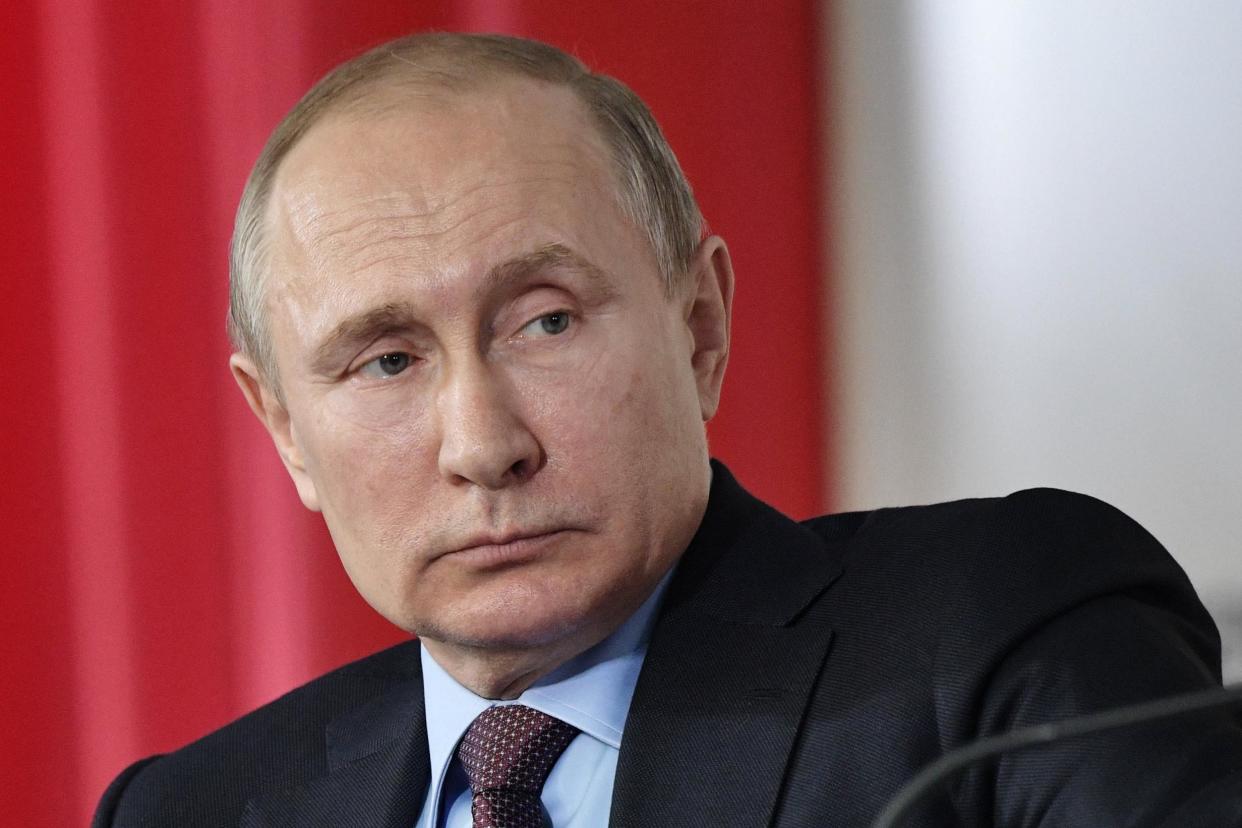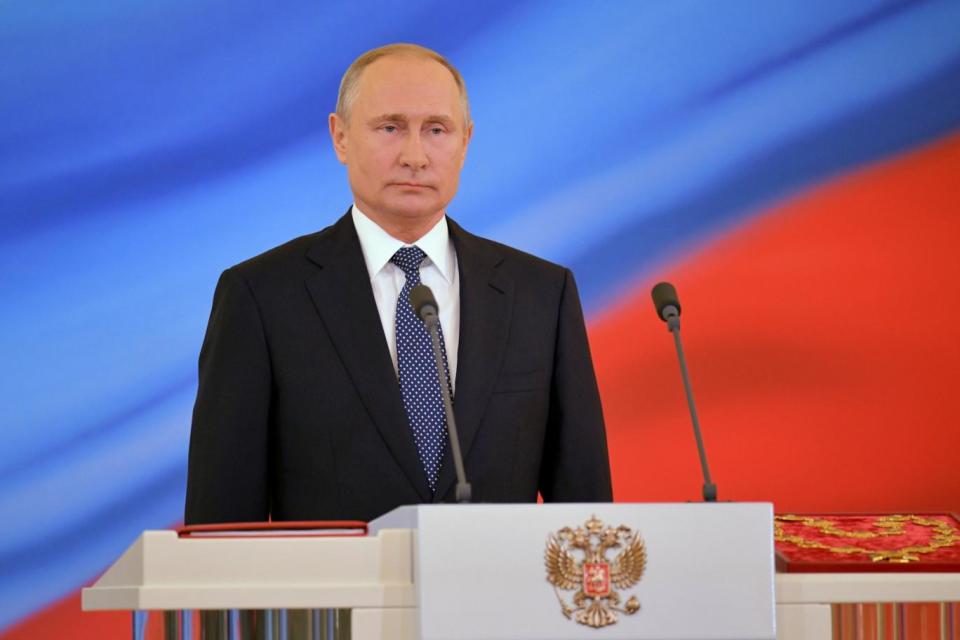UK ministers accused of 'turning blind eye' to Russia's dirty money

Ministers have been accused by MPs of risking national security by "turning a blind eye" to the Russian "dirty money" flowing through the City of London.
The Commons Foreign Affairs Committee said despite the outcry over the Salisbury nerve agent attack, President Vladimir Putin and his allies were continuing to use the City as a base for their "corrupt assets".
In a hard-hitting report, the committee said the Government needed to show "stronger political leadership", with further sanctions against "Kremlin-connected individuals" and take action to close loopholes in the existing regime.
Assets stored and laundered in London, it said, were being used to support Mr Putin's campaign to subvert the international-rules based order and undermine Western allies and that combating it should be a "major UK foreign policy priority".
Despite the attempted assassination of former spy Sergei Skripal and his daughter, Yulia, using a Novichok nerve agent, blamed by Britain on the Kremlin, the committee said it remained "business as usual" in the City for wealthy Russian oligarchs.

When they had tried to press Foreign Secretary Boris Johnson on what could be done to halt to flow of corrupt money into the UK, the MPs said he had appeared to suggest "there was no real role for Government in this process".
"Despite the strong rhetoric, President Putin and his allies have been able to continue 'business as usual' by hiding and laundering their corrupt assets in London," the committee said.
"These assets, on which the Kremlin can call at any time, both directly and indirectly support President Putin's campaign to subvert the international rules-based system, undermine our allies, and erode the mutually-reinforcing international networks that support UK foreign policy.
"This has clear implications for our national security. Turning a blind eye to London's role in hiding the proceeds of Kremlin-connected corruption risks signalling that the UK is not serious about confronting the full spectrum of President Putin's offensive measures."
The committee called on the Government to work with US and EU allies to identify and sanction individuals and entities used by the Kremlin in carrying out its "acts aggression" - including disinformation campaigns, the destabilisation of neighbouring states and foreign assassinations.

It also called on ministers to investigate "gaps" in the sanctions regime which allowed the Russian government and individuals linked to President Putin to continue to raise funds in the City.
It pointed to the way that just two days after Britain announced the expulsion of 23 Russian diplomats in response to the Salisbury attack, the Russian government was able to raise £3 billion ($4 billion) in eurobond issuances.
A day earlier the Russian energy giant Gazprom PJSC made a £650 million (€750 million) bond sale, prompting the Russian embassy in London to tweet derisively: "Business as usual?"
In November 2017, the oligarch Oleg Deripaska was able to float the EN+ Group on the London Stock Exchange, reportedly raising £1.5 billion, despite his "well-known" links to the Kremlin and reports that both MI6 and US security officials had raised "serious concerns".
Committee chairman Tom Tugendhat said: "There is no excuse for the UK to turn a blind eye as President Putin's kleptocrats and human rights abusers use money laundered through London to corrupt our friends, weaken our alliances, and erode faith in our institutions.
"The UK must be clear that the corruption stemming from the Kremlin is no longer welcome in our markets and we will act."
Additional reporting by Press Association

 Yahoo News
Yahoo News 
